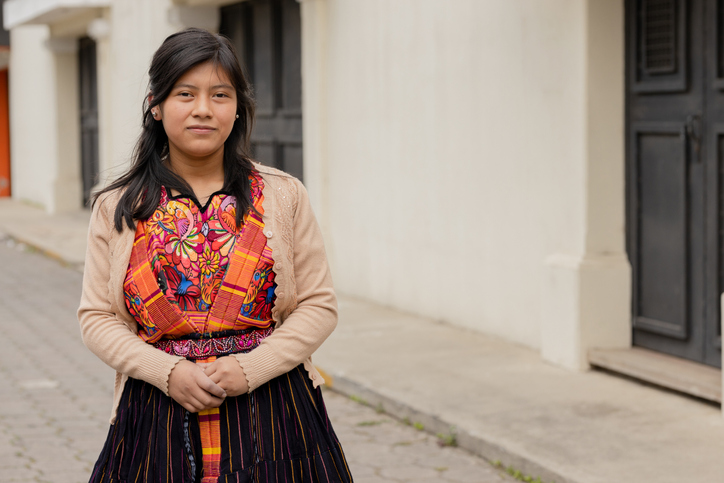
On October 12, the date which commemorates the beginning of the European conquest of America, the new University of Indigenous Languages of Mexico (ULIM) was officially opened with the aim of enhancing respect for linguistic, ethnic, and cultural diversity within the country.
According to the governmental decree, the university will by law become a “decentralized public agency” and part of the Ministry of Public Education (SEP). The Mexican government maintains that it seeks “to provide higher education for the training of professionals in indigenous languages at the undergraduate, specialty, master’s and doctorate levels, in school, non-school, mixed and dual modalities.”
The primary aim of the new, specialized university will be to carry out linguistic research, promote minority and Indigenous languages, and to offer outreach activities in order to “protect, revitalize, strengthen and develop the linguistic heritage of Mexico’s indigenous peoples”. In doing so, the overall message is to contribute to the construction of a society based on recognition and respect for linguistic, ethnic, and cultural diversity.
During its preliminary opening school year, ULIM has been tutoring 24 women and 28 men, speaking a variety of languages including: Nahuatl, Huasteco, Wixárika, Mazahua, Mazateco, Mixe, Mixteco, Otomí, Tepehuano, Tlapaneca, Tojolabal, Tzotsil (Tsotsil), Zapoteco, and Spanish, while studying for a degree in Indigenous Language Teaching.
Next year, courses in Translation and Interpretation in Indigenous Languages, and Indigenous Literature and Intercultural Indigenous Communication will also be offered.
Long term, ULIM’s framework will include programs of study and higher education qualifications with official recognition.
The university network has expressed an overall goal is to actively seek and nurture links with indigenous peoples and communities. These educational links are aimed at strengthening generational initiatives and processes related to language revitalization, protection and development of indigenous languages.
This next step aligns with the creation of Mexico’s National Institute of Indigenous Peoples (INPI).
Mexico is home to 68 native languages from 11 linguistic families, from which a further 360 linguistic variants are derived.





